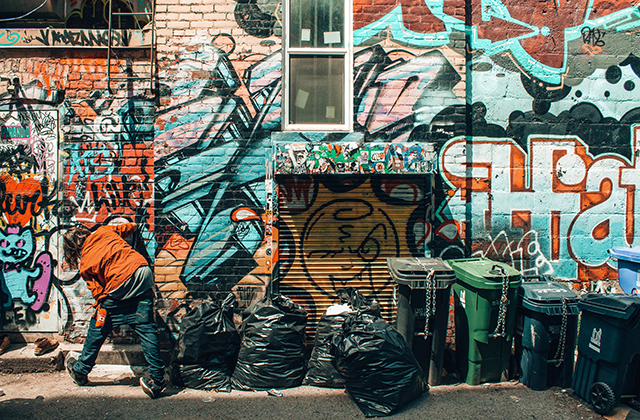Recycling is the single most important step that you can take to reduce your impact on the environment. Although recycling can be a bit of a hassle, it’s worth it if it means that we can cut down our dependence on landfills and prevent the waste of valuable resources. Here are three easy tips to help you recycle more effectively:
1) Keep an appropriate number of containers on hand. If you have too few or too many recycling bins, you’re more likely to create messes by leaving them overflowing or just not use them at all. Make sure that your kitchen has enough bins for all your recyclables so that there’s not a mad dash to empty one out at the last minute before garbage day.
2) Take advantage of opportunities to recycle when you’re away from home. Many offices and public spaces have recycling stations available, so consider bringing your recyclables with you from home and rinsing them out in a sink when possible.
3) Recycle whatever is recyclable! This might sound obvious, but some people assume certain things can’t be recycled when they actually can—things like cardboard egg cartons, used tissues (unless they’re soiled), and even plastic bags!
The biggest way we can all make a difference is by reducing our waste and recycling more. There are many ways to reduce your impact on the landfill. Start by taking reusable bags to the grocery store instead of using paper or plastic bags. When you’re out at a restaurant, bring your own mug for your beverage instead of using a disposable cup. Instead of buying bottled water, use a reusable water bottle. These are just some of the many ways you can reduce waste at home. Try to avoid individually wrapped snacks, there are waste-free alternatives that come in bulk!
Recycling is also very important in reducing landfill waste. You can recycle items such as: glass bottles and jars, aluminum cans, cardboard boxes and paper bags, paperboard boxes like cereal boxes or shoe boxes, magazines and newspapers, steel cans like soup cans or tuna cans, corrugated cardboard, plastic bottles and containers with the number one through seven on them (these are labeled with the recycling symbol). You should not recycle: items that have food residue on them (like pizza boxes), batteries, hazardous waste like aerosol cans or paint cans and electronics like computers or televisions.
Reduce, reuse, and recycle. You’ve heard the mantra many times before. But do you know how to put it into practice? While recycling is one way to reduce waste, there are other ways to cut down on the amount of waste we produce as well. Reducing landfill waste can start with a few simple steps that can make a big difference in the long run. Some skip bins Christie’s Beach are more suitable for smaller household waste like kitchen waste.
- Use reusable bags when shopping
- Skip plastic straws
- Buy items with minimal packaging
- Avoid disposable dishware and cutlery
- Bring your own coffee mug or water bottle
- Shop at thrift stores
- Donate used items rather than throwing them away
Landfills are one of the largest contributors to greenhouse gases. They are also responsible for a large portion of the waste that pollutes our water and soil, which in turn harms wildlife and humans. By reducing your waste, you can help curb these negative impacts on our environment. Find out the other ways reducing the waste in your home.
